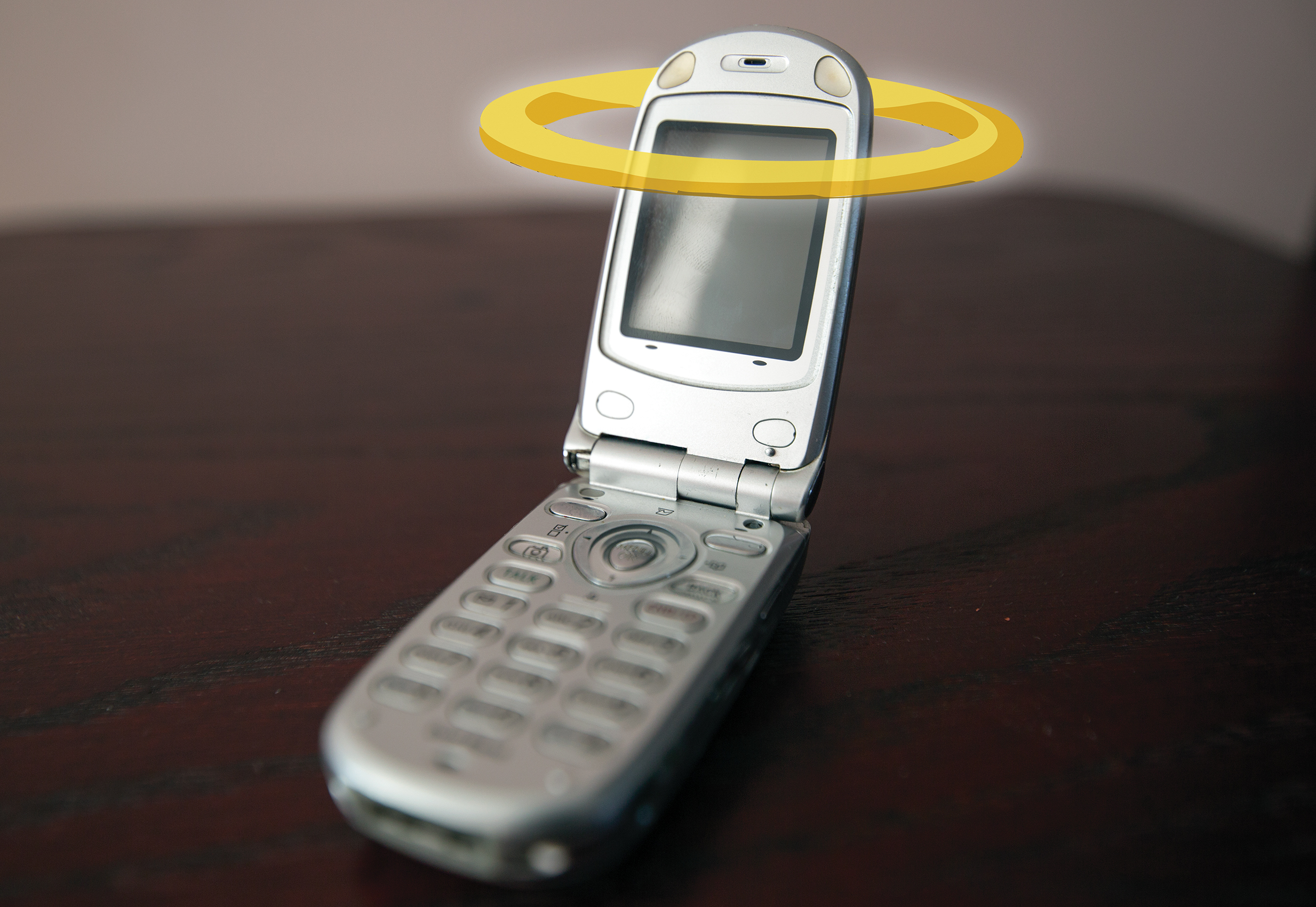Reducing distractions is hard, but taking a temporary step back could help
If you asked to see my phone and I whipped out an old Nokia brick, you would probably laugh in my face. Best case scenario, you’d wonder how you accidentally walked into some kind of time machine.
But wait! Nokia is bringing back its old-school, app-less, 2.4-inch-screened Nokia 3310. And I might want to buy one, at least for a while.
If you think that’s a silly idea I can’t blame you. We live in age where phones can do almost anything you need. They can tell you what song is playing at the bar, help you use a word processor, and take and share videos instantly. I could have typed and shared this article just on my smartphone alone.
On the other hand, old-model phones can play Snake.
Now, I for one do not plan on ditching the smartphone for the rest of my life. In addition to all their functionality, they have fun social uses. Social media apps make it easy to connect with people wherever you are, ride-sharing apps can make going out easier, and the list goes on.
But for all their benefits, I can think of serious drawbacks as well.
A 2016 Deloitte survey in the U.S. found that young adults in the 20–24 range check their phones around 82 times a day. That’s a lot, and I know it’s accurate for me. What’s more, the study found that people were checking their phones at all hours, including the middle of the night.
I do this without thinking, and I often catch my thumb rocketing towards the bright blue Twitter icon without ever considering that I wanted to browse through celebrity thoughts or cat pictures.
But perhaps the statistics from the survey that hit me the hardest was how we use smartphones while we do other things. For example, 93 per cent of people reported using their phones at work, and the same number said they stared at the small screen during leisure time, such as while watching television or interacting with friends.
Working, hanging out with friends, and relaxing make up a big chunk of how I spend my time. Looking back, it feels a bit weird that during all of these important aspects of my life I’m not focusing 100 per cent. In fact, I’m probably focusing far less.
Studies have shown that multitasking will slow you down if you’re working, and no matter the activity, it can result in a drop in IQ comparable to losing a night of sleep.
This is where I think getting a “dumb phone” could, ironically, make me smarter. By taking away this maze of distractions, if only for a month or two, it would give me a chance to reset my brain and shed some bad habits. I think it would feel nice to know Twitter can’t mind control me to open its app.
As for the functionalities I could lose, I’m not too worried. I have a strange feeling my friends won’t ditch their smartphones en masse. Someone will have Uber. It’ll be okay.
Are dumb phones the way of the future? Probably not. Will they ultimately replace your far-more-capable smartphone? Also not likely. But that doesn’t mean they can’t play a useful role in your life, at least for a while.




